Introduction: Rabbi Refael Reuven Grozovsky’s Enduring Legacy and His Analysis of Zionist Anti-Torah Positions in Shaping Agudath Israel’s Worldview
Rabbi Refael Reuven Grozovsky (1886-1958), a leading Rosh Yeshiva renowned for his profound Talmudic scholarship, played a crucial leadership role within Agudath Israel of America. His deep intellectual insights and profound concern for the spiritual integrity of the Jewish people significantly shaped the movement’s ideology, particularly its response to the rise of the Zionist movement and its anti-Torah attitudes.
As Chairman of the Moetzes Gedolei HaTorah (Council of Torah Sages) of Agudath Israel, his influence on the organization’s policies and stances was substantial.
A compilation of Rabbi Grozovsky’s essays offers a valuable perspective on Agudath Israel’s concerns regarding contemporary issues, with a specific focus on the historical development and perceived threat of anti-Torah sentiment within Zionism.
This report will analyze Agudath Israel’s stance on these issues through the framework of Rabbi Grozovsky’s writings, drawing upon the primary text and supplementary research to provide a comprehensive understanding of this pivotal movement. The examination will delve into the historical context, ideological foundations, and practical manifestations of Agudath Israel’s approach to safeguarding Torah Judaism in the face of antagonistic Zionist policies and beliefs.
The Historical Evolution of Zionist Anti-Torah Attitudes: Rabbi Grozovsky’s Perspective on their Threat to Judaism
Rabbi Grozovsky’s analysis begins by grounding itself in the fundamental tenets of Jewish faith, emphasizing the absolute unity of G-d, and the understanding that the purpose of human existence is to serve Him through adherence to Torah. From this perspective, the Jewish people hold a unique role as bearers of this divine teaching. Historically, even those who may have wavered in their personal observance generally recognized the divine origin and paramount importance of the Torah for the Jewish nation.
However, Rabbi Grozovsky observed a significant and alarming shift with the emergence of the Zionist movement. He identified a dominant strain within Zionism that openly challenged these foundational principles, advocating for a secular nationalist identity that often actively undermined Torah observance. These individuals, in Rabbi Grozovsky’s view, questioned the divine basis of Jewish nationhood and sought to supplant the centrality of Torah with a focus on secular nationalism. He perceived their tactics as echoing historical opposition to Judaism, as they instigated against the Torah, emunah, and its scholars. The ultimate aim of these secularizing forces within Zionism, according to Rabbi Grozovsky, was to gain control over the Jewish people and redefine their essence, relegating Torah observance to the periphery and dictating a new, secular character for the community. This perspective underscores the core concern within Torah Judaism that Zionist secular nationalism would replace Torah observance as the defining characteristic of Jewish identity, a redefinition Rabbi Grozovsky considered a fundamental rejection of the Jewish people’s covenant with G-d and adherence to His Torah.
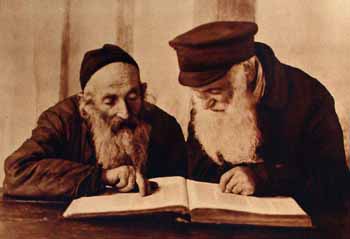
Rabbi Grozovsky further analyzed the insidious nature of Zionist secularism, highlighting its strategic use of sacred elements for nationalist purposes. He pointed to the Zionist movement’s adoption of the Hebrew language, the holy tongue of the Torah, to disseminate secular and even anti-religious ideologies. Similarly, their focus on the Land of Israel, while evoking deep-seated Jewish emotions, was, in his view, often disconnected from its spiritual significance within a Torah framework.
While this approach managed to garner support from some who were initially sympathetic to Torah, the leading Torah scholars of the time, including Rabbi Grozovsky, recognized this as a radical and dangerous form of reform that fundamentally rejected the authority of the Torah and distorted the significance of its figures and commandments.
Rabbi Grozovsky firmly asserted that any association with these secular nationalists, even for seemingly positive purposes, was strictly forbidden. This prohibition stemmed from the profound concern that such association would be misconstrued as an endorsement of their heretical view that Jewish identity is rooted in nationalism rather than in emunah.
The Genesis of Agudath Israel: Intended Bulwark Against Zionist Anti-Torah Attitudes and Policies
The rise of the Zionist movement and its agenda to redefine Jewish identity based on secular nationalism and to marginalize Torah, led Torah authorities to establish Agudath Israel.
The claim that Zionism would perpetrate a “spiritual genocide” against religious Jews, aiming to transform them from a religious people into a secular nation, was to be vindicated in several subsequent incidents:
- The Teheran Children (1942-1943): The brainwashing and forced secularization of orphaned Polish children on their way to Palestine through Teheran. The Jewish Agency, with the collaboration of some Agudath Israel and Mizrachi leaders, deliberately deprived these children of Jewish education and practices.
- Operation Magic Carpet (1950s): Yemenite Jews immigrating to Israel were denied religious freedom, including access to synagogues and religious education for their children. They were coerced with threats of losing basic necessities if they persisted in their religious demands. Their newborn babies were separated from their mothers at birth and sold to adoption agencies in Western countries, their parents told that their babies had died. Moroccan Jews faced similar treatment, along with the famous ringworm radiation experiments.
- Bribery and Terrorism: Zionists used bribery to persuade Yemeni and Southern Arabian leaders to allow Jewish immigration to Israel. Terrorism, exemplified by Zionist acts in Baghdad, is also cited as a tool used against both opponents and fellow Jews to catalyze immigration.
Agudath Israel was thus founded with the explicit purpose of uniting those who remained steadfast in their belief in G-d and the Torah and to actively oppose those, particularly within the Zionist movement, who sought to undermine these foundational principles. The establishment of Agudath Israel in 1912 represented a formal and organized response by Jews deeply concerned about the ascendance of a Zionist ideology that they viewed as fundamentally anti-Torah. These leaders believed that the true redemption of the Jewish people and the establishment of a truly Jewish state could only come about through divine will and adherence to Torah, not through secular political means championed by the Zionist movement. The impetus for the organization’s founding came from within Torah Jewry, driven by a desire to create a unified front against the increasing influence of anti-Torah elements within Zionism.
Rabbi Grozovsky emphasized that Agudath Israel’s program was specifically designed to counter the perceived dangers of Zionism’s secularizing influence and its departure from Jewish practice. Agudath Israel viewed the Zionist movement’s secular approach as a profound distortion of authentic Judaism. The movement aimed to uphold the absolute authority of Halacha (Jewish law) as the sole legitimate expression of Judaism, directly countering the Zionist tendency to prioritize secular nationalism.
A central and primary impetus for the formation of Agudath Israel was its strong and unwavering opposition to the Zionist movement due to its dominant anti-Torah form. The founders viewed Zionism, with its emphasis on secular nationalism, as a radical and heretical departure from Jewish belief. They believed that the Zionist ambition to establish a Jewish state through political means uninformed by Torah was a transgression against divine will and that the Zionist movement’s deliberate replacement of Torah with secular nationalism as the foundation for Jewish identity was a fundamental and dangerous error that would bring disaster.
Agudath Israel was established to provide a clear and uncompromising alternative to the Zionist vision, one that unequivocally prioritized absolute adherence to Torah and unwavering reliance on divine providence for the future of the Jewish people. This foundational opposition to the anti-Torah tenets of Zionism remained a defining characteristic of Agudath Israel in its early years, profoundly shaping its identity and its activities.
Core Objectives and Activities of Agudath Israel in Countering Zionist Anti-Torah Attitudes and Policies
Rabbi Grozovsky highlighted several key objectives and activities that Agudath Israel undertook to counter the anti-Torah agenda of the Zionist movement and to strengthen Judaism. A primary focus was on the intensification of Torah learning and education. This involved establishing and supporting Torah-learning groups and providing crucial support for Torah schools and Yeshivas. By investing in the education of future generations according to Jewish principles, Agudath Israel aimed to cultivate a generation deeply rooted in Torah and halacha, thus safeguarding them from the allure of secular Zionist ideologies. This emphasis on education as a bulwark against anti-Torah influences remains a core tenet of the movement.
Another objective was to expand the reach and influence of Agudath Israel by creating new circles of support and engagement among those who remained committed to Torah. This involved actively promoting a G-d-centered and Torah-based worldview in various countries through the dissemination of written and printed materials that countered Zionist secular narratives. Ensuring that individuals deeply committed to G-d and Torah were at the helm of Torah institutions and organizations was also a crucial aim, seen as essential for maintaining their integrity and direction in the face of Zionist influence.
Agudath Israel also focused on encouraging greater adherence to fundamental religious practices, such as Shabbat observance and participation in Torah study groups, as a way to strengthen the community against the secularizing pull of Zionism. Recognizing the importance of providing for the religious needs of all members of the community, the organization worked to support these needs in various settings. Furthermore, efforts were made to strengthen the infrastructure of religious life, aimed at fostering an environment conducive to a life in accordance with Torah values, in contrast to the secularizing trends within Zionism.
In the context of the Land of Israel, Agudath Israel supported the religious settlement and provided aid to those who were actively resisting the influence of Zionist unbelievers. This support, however, was often nuanced due to the movement’s fundamental opposition to the Zionist ideology. While there were internal variations in opinion regarding practical engagement, the overarching focus remained on upholding Torah values within the Land against what they perceived as the anti-religious agenda of the Zionist movement.
Recognizing that many individuals might be unaware of the subtle and pervasive tactics employed by the Zionist movement to promote its secular agenda, Agudath Israel saw a critical need to educate the community about these dangers. The organization also took on the responsibility of defending the Torah and its adherents, even when facing opposition from those within the Zionist movement who claimed to love Israel but were perceived as undermining G-d and His Torah. While acknowledging the existence of Jews within the Zionist-led State of Israel, Agudath Israel’s primary focus remained steadfast: to uphold Torah values and to distance the community from the influence of those who did not adhere to these principles. This commitment to safeguarding religious life often involved advocating for the religious and civil rights of the Haredi community and intervening in legal and political matters to protect religious freedom and Torah values against potential Zionist encroachment.
Navigating Zionism and the State of Israel: Agudath Israel’s Complex and Evolving Stance on Zionist Anti-Torah Policies
Rabbi Grozovsky’s analysis unequivocally positions him as a staunch opponent of Zionism, viewing it as a fundamentally secular nationalist movement that contradicted the core tenets of Judaism and actively promoted anti-Torah attitudes and policies. This initial and strong opposition to Zionism was a defining characteristic of Agudath Israel at its inception. However, the historical landscape shifted dramatically with the Holocaust. In the wake of this catastrophe, Agudath Israel recognized the crucial utility of a Jewish state as a place of refuge for the surviving Jewish population, even while maintaining its ideological opposition to the secular foundations of Zionism. This realization led to a significant shift in the movement’s stance, moving from active anti-Zionism to a position of non-Zionism. While Agudath Israel did not actively participate in the creation of the State of Israel under Zionist leadership, it ceased its outright opposition to its existence, primarily due to the urgent need for a safe haven for Jews, but without abandoning its critique of Zionist secularism.
Despite this pragmatic shift, internal variations in opinion persisted regarding the precise nature of the connection between the Jewish state and the Zionist movement. Nevertheless, a strong consensus emerged on the fundamental need to oppose any laws or policies within the state that would contradict the principles of the Torah. This unwavering commitment to Halacha remains a central tenet of Agudath Israel’s engagement with the State of Israel, particularly in resisting any attempts to undermine religious law in favor of secular norms promoted by some within Zionism.
A core point of contention between Agudath Israel and the Zionist movement lies in their fundamentally differing definitions of Jewish identity. Agudath Israel adheres to the understanding of the Jewish people as a community bound by their covenant with G-d and their adherence to the Torah. In stark contrast, secular Zionism defines Jewishness primarily in terms of national or ethnic identity, a definition that Agudath Israel fundamentally rejects as a departure from Torah principles.
Despite these deep ideological differences rooted in Agudath Israel’s opposition to Zionist anti-Torah attitudes, the movement has adopted a policy of pragmatic cooperation with the State of Israel. Recognizing the need to protect the interests of the Haredi community within the existing political reality, the movement has participated in government coalitions to secure funding for religious institutions such as Yeshivas and to influence legislation on matters of religious significance, including Shabbat observance and kashrut dietary laws. This political leverage has allowed Agudath Israel to advocate for the specific needs and concerns of its constituency within the Israeli political system, often in direct response to perceived threats from secularizing Zionist elements.
It is important to note that while Agudath Israel engages with the State of Israel, it maintains a clear distinction from other anti-Zionist groups such as Neturei Karta. Rabbi Grozovsky himself emphasized that the difference between Agudath Israel and Neturei Karta lies primarily in their tactics, not in their fundamental ideological opposition to secular Zionism. While Neturei Karta advocates for complete non-cooperation with the state, Agudath Israel has adopted an approach of selective engagement to safeguard its religious and communal interests against potential anti-Torah policies, while avoiding endorsing the secular foundations of the state.
Agudath Israel’s Approach to Government and Elections in the Face of Zionist Secularism
Agudath Israel’s stance on participation in government and elections within the State of Israel is a complex issue, reflecting the inherent tension between its ideological reservations about a state founded on secular Zionist principles and its practical need to protect the interests of its community against potentially anti-Torah legislation. Rabbi Grozovsky’s analysis underscores the unwavering commitment to Torah principles as the ultimate guide. Within Agudath Israel, there have been varying opinions on the extent and nature of political participation, largely driven by the concern of legitimizing a state whose foundational ideology they opposed. Some within the movement have permitted participation in elections and government as a necessary measure for the sake of “salvation” – to prevent the enactment of laws that would undermine Torah observance and to secure essential resources for the religious community, particularly in light of the secularizing tendencies within Zionism. This perspective acknowledges that engaging with the existing political system, even one founded on secular principles, can be a strategic imperative for safeguarding religious life against potential anti-Torah policies.
Conversely, others within Agudath Israel have historically opposed such participation, driven by concerns that it could be interpreted as endorsing heretical Zionist views and legitimizing a secular state. This viewpoint emphasizes the importance of maintaining ideological purity and avoiding any actions that might compromise fundamental Torah principles in the face of Zionist secularism.

Over time, the dominant approach within Agudath Israel has evolved towards a pragmatic engagement with the Israeli political system. While participating in government coalitions, the party has in the past refrained from accepting actual cabinet positions. This practice symbolically reflected their reservations about fully endorsing a secular government. Instead, they often prefer to serve as Deputy Ministers or in Knesset Committees, allowing them to exert influence on specific policy areas relevant to their community without taking full responsibility for the broader secular governance, often focusing on preventing the passage of laws that contradict Torah principles.
Ultimately, Rabbi Grozovsky’s analysis emphasizes the paramount importance of prioritizing the protection of Torah principles above all else. The focus, in his view, should be on safeguarding oneself from oppression and actively resisting any forces that seek to undermine faith and Torah, particularly those emanating from the secular Zionist movement. He argued that times of such challenges are not for internal disputes among believers in G-d and Torah but rather for unity against those who persecute them, while steadfastly opposing any actions that would necessitate compromising Torah principles. This perspective underscores the conditional nature of Agudath Israel’s political participation, driven by the imperative to uphold religious law and protect the community that adheres to it from anti-Torah policies within the Zionist-led state.
Strategies and Examples in Countering Zionist Anti-Torah Attitudes and Policies
Agudath Israel employs a multifaceted range of strategies to combat the anti-Torah attitudes and policies of the Zionist movement and to promote Jewish values. At the core of their efforts is a strong emphasis on education. Establishing and supporting Torah educational institutions, including Yeshivas and schools, is seen as a fundamental way to inculcate Torah beliefs and practices in the younger generation, thereby safeguarding the future of Judaism against the influence of secular Zionist ideologies. This focus on intensive Torah education aims to raise individuals deeply rooted in Jewish thought, law, and tradition, making them less susceptible to ideologies that marginalize Torah.
Promoting halacha in all aspects of life is another crucial strategy. By emphasizing the importance of meticulously following Jewish law, Agudath Israel seeks to create a community whose daily lives are structured by religious principles, thereby reinforcing their distinct identity and minimizing the impact of secular norms often promoted by Zionist culture.
Recognizing the influence of the political sphere, Agudath Israel actively engages in political lobbying and advocacy to protect religious rights and values against potential anti-Torah legislation or policies enacted by the Zionist-led government. This involves working with government bodies to ensure that legislation does not infringe upon religious freedoms and to secure resources for the haredi community, enabling them to maintain their Torah-based lifestyle. Rabbi Grozovsky himself was involved in lobbying efforts during World War II, demonstrating a historical precedent for political engagement for religious purposes, often with the aim of protecting religious life from external threats, including those perceived from within the Zionist movement.
Utilizing media and publications is also a key tactic for disseminating Agudath Israel’s views and countering secular Zionist ideologies that undermine Torah values. The movement has a history of publishing magazines and newsletters to articulate its positions on various issues and to provide guidance to its constituents, often highlighting the perceived dangers of Zionist secularism.
In situations where religious freedoms are perceived to be under threat from the state or its policies, Agudath Israel has demonstrated a willingness to take legal action to defend its rights. Recent examples include lawsuits against restrictions on synagogue attendance during the COVID-19 pandemic and filing amicus briefs in cases concerning the rights of religious schools. These actions highlight a proactive approach to protecting religious liberties within the framework of the state, often in response to measures stemming from a secular Zionist agenda.
Organizing protests and demonstrations has also been a tactic employed by Agudath Israel to voice its opposition to actions undermining religious values by the Zionist establishment. Rabbi Grozovsky’s own involvement in organizing a public demonstration against the Israeli government’s policy of sending religious refugee children to secular kibbutzim in 1951 serves as a historical example of this strategy, directly illustrating their opposition to policies seen as promoting secularization at the expense of religious upbringing.
Furthermore, Agudath Israel invests in establishing community infrastructure that supports religious life, such as ensuring the availability of kosher food and establishing Mikvahs. These communal initiatives help to create an environment where adherence to religious practices is facilitated and encouraged, providing an alternative to the secular environment often promoted by Zionist culture.
Issuing pronouncements and rulings on contemporary issues by the Moetzes Gedolei HaTorah provides guidance to the Haredi community on how to navigate modern challenges while remaining true to Jewish principles, often addressing specific issues arising from the interaction with the Zionist state and its secular policies.
Finally, maintaining a strong emphasis on separation from secular culture and influences, particularly those emanating from the Zionist movement, is a fundamental strategy for preserving religious identity. This involves creating communal boundaries and encouraging adherence to distinct social norms and practices that are rooted in Torah values, providing a counterweight to the secularizing forces within the State of Israel.
Agudath Israel’s Stance on Contemporary Issues: Echoes of Rabbi Grozovsky’s Analysis of Zionist Anti-Torah Attitudes
Agudath Israel’s contemporary stances on a range of issues clearly reflect the enduring influence of Rabbi Grozovsky’s analysis, particularly his deep concern over the anti-Torah attitudes and policies of the Zionist movement. Agudah continues to voice strong opposition to secular definitions of Jewish identity, often those promoted by secular Zionism, and any efforts to redefine Jewish practices. For instance, Agudath Israel’s consistent opposition to anti-Torah movements that usurp Judaism within Israel stems from this fundamental concern over deviations from Torah principles, aligned with the secularizing tendencies historically associated with Zionism.
Agudath Israel remains a strong advocate for religious freedom and the rights of religious institutions within the State of Israel, often acting as a bulwark against policies they perceive as stemming from a secular Zionist agenda that could infringe upon religious liberties. Their active engagement in political lobbying and their willingness to engage in legal battles to protect their religious rights demonstrate a continued commitment to defending Torah values against perceived secular encroachment from the state.
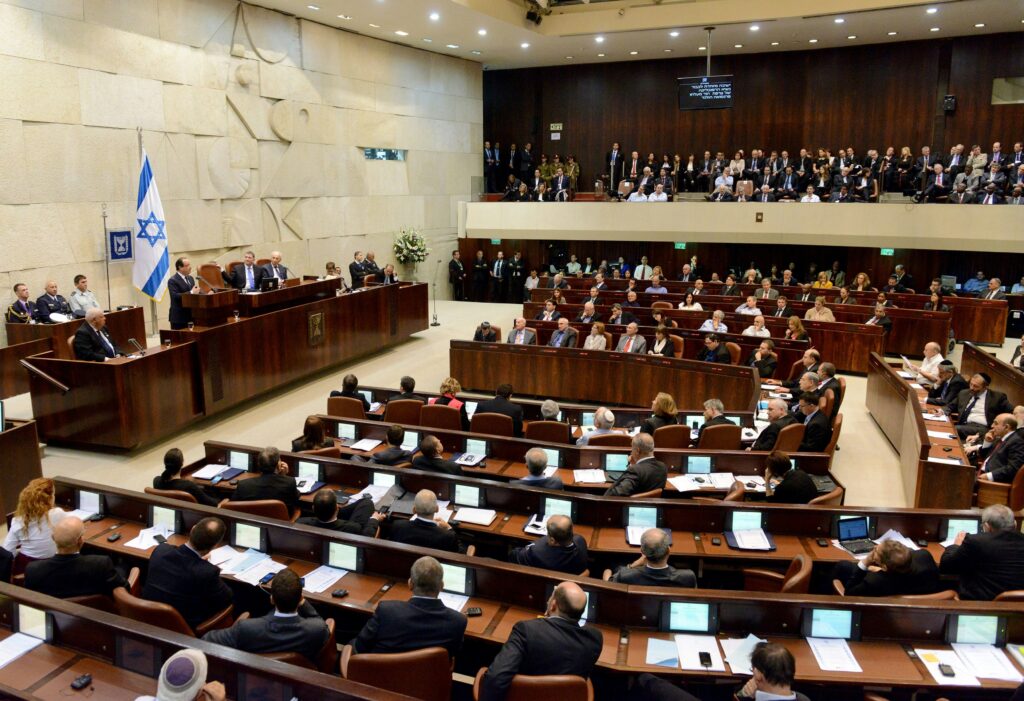
The movement also continues to engage in the Israeli political process to influence legislation on issues related to religious observance and communal life, often seeking to counter what they perceive as anti-religious sentiment within the secular political sphere, which they historically associated with the Zionist movement. Their efforts to maintain the status quo on religious matters within Israel reflect this ongoing concern.
Agudath Israel maintains a critical perspective on cultural trends and social norms within Israeli society that are seen as conflicting with Torah values, often viewing these trends as a manifestation of the secular Zionist ideology they have historically opposed. The ongoing emphasis on the importance of Torah education as the primary means of safeguarding Judaism from secular influences, particularly those emanating from within Israeli society, remains a cornerstone of Agudath Israel’s approach, directly reflecting Rabbi Grozovsky’s emphasis on the centrality of Torah as a counter to secular ideologies.
Conclusion: The Enduring Stance of Agudath Israel Against Zionist Anti-Torah Attitudes and Policies
In conclusion, Rabbi Refael Reuven Grozovsky’s analysis provides a foundational framework for understanding Agudath Israel’s enduring stance on contemporary issues, particularly its historical and ongoing concerns regarding the anti-Torah attitudes and policies it associated with the Zionist movement.
His identification of this secularizing force within Zionism as a fundamental threat to Jewish faith and identity, its evolving tactics, and the imperative to counter its influence continue to shape the movement’s worldview. Agudath Israel’s establishment was a direct response to these perceived dangers, and its ongoing objectives remain centered on preserving and promoting Torah values in the face of what it views as the lingering influence of secular Zionist ideology within the State of Israel.
While its relationship with the State of Israel has evolved from outright opposition to a more pragmatic engagement, this engagement is consistently guided by a commitment to Torah principles and vigilance against any policies or trends that undermine Jewish life.
The movement’s approach to government and elections is similarly characterized by a strategic participation aimed at protecting religious interests while maintaining ideological reservations about the secular foundations of the state.
Through a multi-pronged strategy encompassing education, community building, political advocacy, and legal action, Agudath Israel actively works to uphold Torah Judaism in a world where secular Zionist influences are a significant challenge.
Rabbi Grozovsky’s analysis remains remarkably relevant in understanding the core tenets and ongoing mission of Agudath Israel in the 21st century, particularly its commitment to safeguarding Judaism from the enduring legacy of anti-Torah sentiment within Zionism.
Works cited
- Refael Reuvain Grozovsky – Wikipedia, accessed March 23, 2025, https://en.wikipedia.org/wiki/Refael_Reuvain_Grozovsky
- Moreinu Horav Raphael Reuvain Grozovsky zt”l 5647/1887 – Yeshiva Torah Vodaath, accessed March 23, 2025, https://www.torahvodaath.org/wp-content/uploads/2018/09/rav-reuvain-grozovsky.pdf
- Haredim and Zionism – Wikipedia, accessed March 23, 2025, https://en.wikipedia.org/wiki/Haredim_and_Zionism
- Statement of Agudath Israel on Charedi Principles, accessed March 23, 2025, https://agudah.org/statement-of-agudath-israel-on-charedi-principles-2
- “The Jewish State & the War of Ideas” – Jewish Action, accessed March 23, 2025, https://jewishaction.com/letters/jewish-state-war-ideas/
- Agudat Yisrael – Wikipedia, accessed March 23, 2025, https://en.wikipedia.org/wiki/Agudat_Yisrael
- Israel’s Ultra-Orthodox – MERIP, accessed March 23, 2025, https://merip.org/1992/11/israels-ultra-orthodox/
- A worldwide association of haredi Jews, founded in Kattowitz, in 1912. Agudat Israel regarded – Yad Vashem, accessed March 23, 2025, https://www.yadvashem.org/yv/pdf-drupal/en/education/glossary_polish_jews.pdf
- Future government of Palestine/UN Palestine Commission – Consultation with Agudath Israel, Communication with Haddasah Org. – UNPC 66th mtg. – Summary record, accessed March 23, 2025, https://www.un.org/unispal/document/auto-insert-211702/
- Agudat Yisrael – The Israel Democracy Institute, accessed March 23, 2025, https://en.idi.org.il/israeli-elections-and-parties/parties/agudat-israel/
- Agudath Israel of America – Wikipedia, accessed March 23, 2025, https://en.wikipedia.org/wiki/Agudath_Israel_of_America
- BSERVER – Agudath Israel, accessed March 23, 2025, https://agudah.org/wp-content/uploads/2016/10/JO1975-V11-N03.pdf
- Agudath Israel and the Religious Bloc Orthodoxy and the Y’s “The Earth is Mine” The StadiUin, accessed March 23, 2025, https://agudah.org/wp-content/uploads/2020/09/JO1965-V2-N10.pdf
- NATIONAL IDENTITY – Agudath Israel, accessed March 23, 2025, https://agudah.org/wp-content/uploads/2016/11/JO1970-V6-N06.pdf
- Anti-Zionism – Wikipedia, accessed March 23, 2025, https://en.wikipedia.org/wiki/Anti-Zionism
- Jews Against Zion : Israeli Jewish Anti-Zionism | The Institute for Palestine Studies, accessed March 23, 2025, https://digitalprojects.palestine-studies.org/jps/fulltext/41165
- Jewish Alternatives to Zionism: A Partial History – JVP, accessed March 23, 2025, https://www.jewishvoiceforpeace.org/2019/01/12/a-partial-history-of-jewish-alternatives/
- Agudath Israel Applauds New Jersey Supreme Court Decision Protecting Rights of Religious Schools, accessed March 23, 2025, https://agudah.org/agudath-israel-applauds-new-jersey-supreme-court-decision-protecting-rights-of-religious-schools
- Agudath Israel Sues to Stop Unconstitutional Restrictions on Shul Attendance in New York State, accessed March 23, 2025, https://agudah.org/agudath-israel-sues-to-stop-unconstitutional-restrictions-on-shul-attendance-in-new-york-state
- Agudath Israel Statement Applauding Supreme Court Ruling in Carson v. Makin, accessed March 23, 2025, https://agudah.org/agudath-israel-statement-applauding-supreme-court-ruling-in-carson-v-makin
- Download (PDF, 4.66MB) – Agudath Israel, accessed March 23, 2025, https://agudah.org/wp-content/uploads/2016/10/JO1981-V15-N06.pdf
- the jewish observer – Agudath Israel, accessed March 23, 2025, https://agudah.org/wp-content/uploads/2016/10/JO1979-V14-N01.pdf
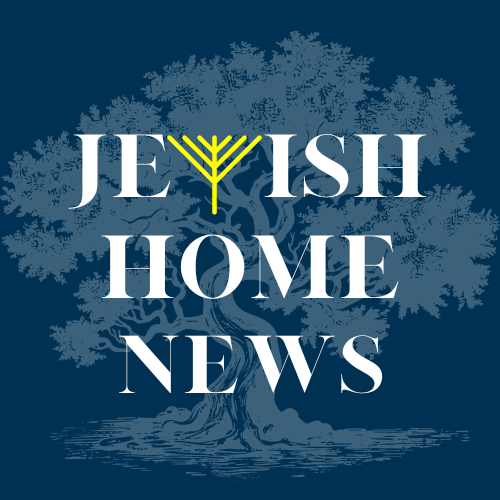
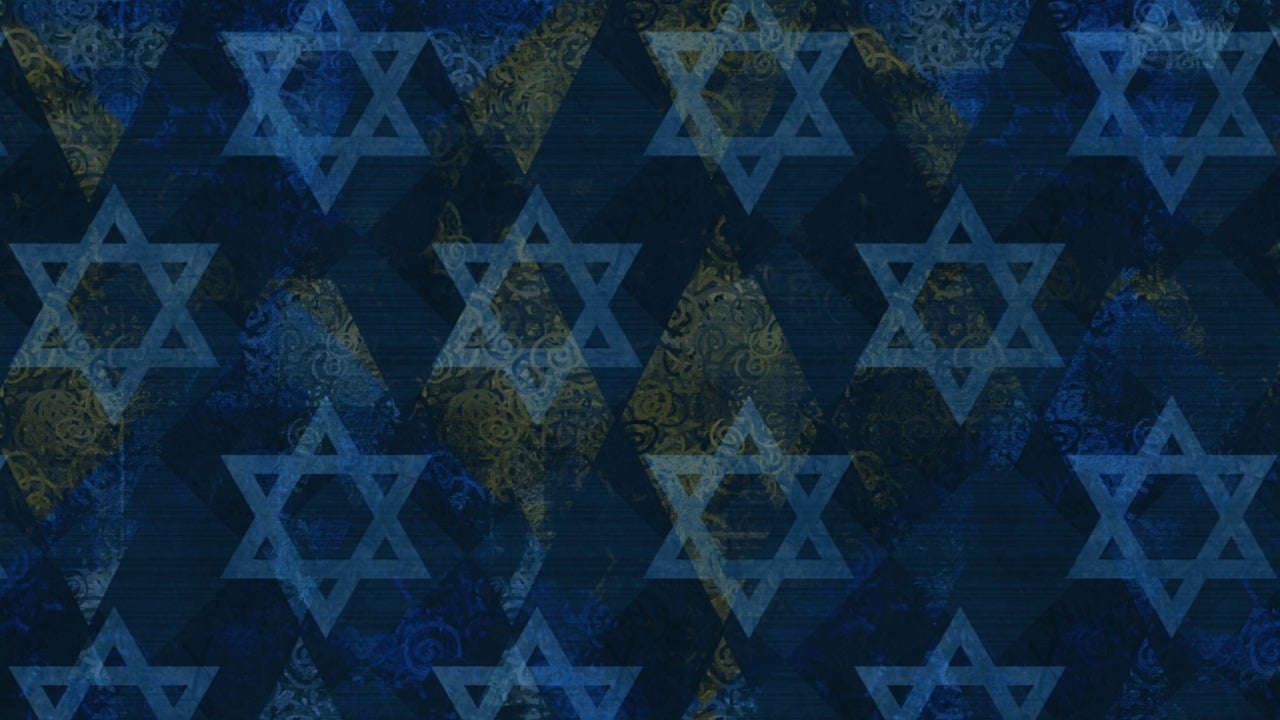
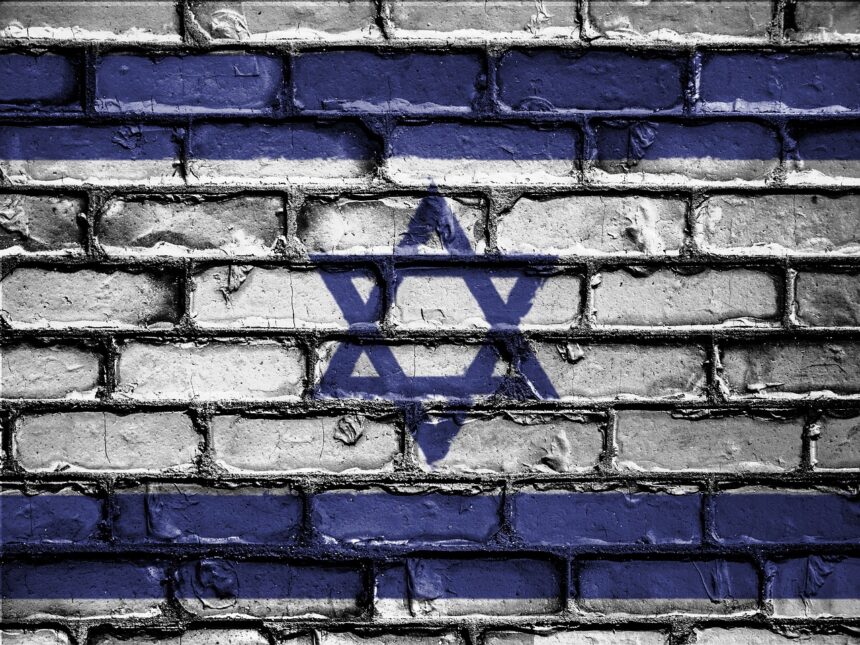


The poorly named Agudas Israel makes a mockery of the holy Torah. What about the prohibition of giving land away to our enemies? Where were they regarding Oslo and the expulsion from Gaza? They were supporting it. They claim to uphold Torah values, but the Torah demands every Jew to live in The Land of Israel, and these rabbis discourage it.